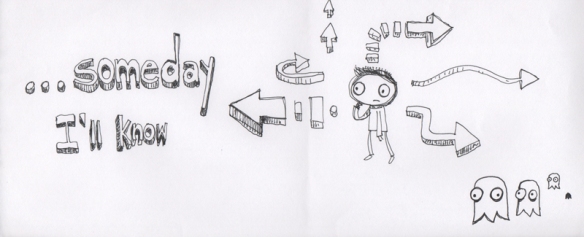If you’re a Boomer, then Frank Bascombe is one of us, and it’s nice to have him back and once more pondering the past, fretting about the future and coping with an unsettled present. His creator, Richard Ford, has somewhat begrudgingly returned Frank to us in Let Me Be Frank With You, continuing a life started nearly 30 years ago in The Sportswriter (1986), picked up again in the Pulitzer-winning Independence Day (1995) and seemingly wound down in The Lay of the Land (2006). But there always seemed something a little too easy about the outcome of the last novel, something left dangling in a tangled life marked by sorrow, loss, moments of joy, hopes, longings, failure and success.
And so now Ford returns to his everyman in response, he admits, to requests from readers, but also a desire to touch on “the consequences of a hurricane that the media wouldn’t pay attention to.” In other words, the human debris left behind to be dealt with long after the storm — in this case, Hurricane Sandy and its disorienting aftermath that causes Frank to realize nothing is here to stay.
He’s now 68, still living in New Jersey, contentedly married, retired from selling real estate, and aware of and troubled by both the liberations and challenges of creeping age. In four interconnected novellas, Frank deals with his “new normal,” awakens to the need to savor the little moments, even accepts that less is more as he jettisons even friends. He’s not always lovable, sometimes not even likable in his comments and actions, but that’s what makes him believable on the page. Continue reading



